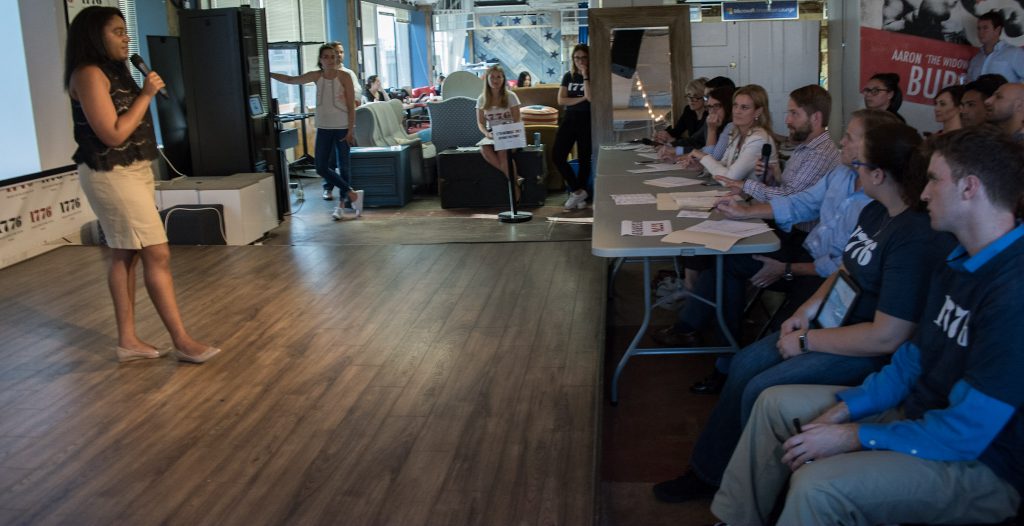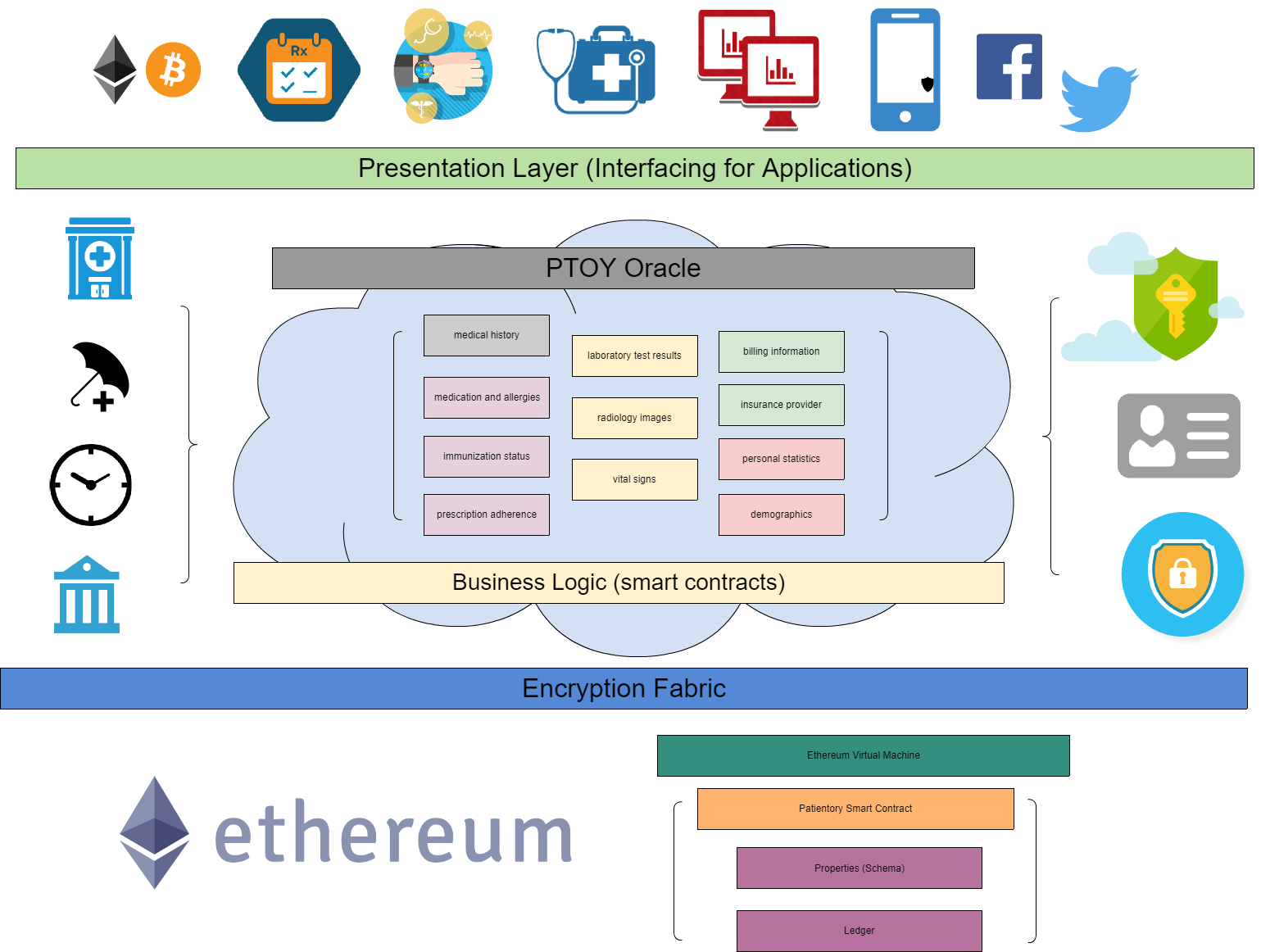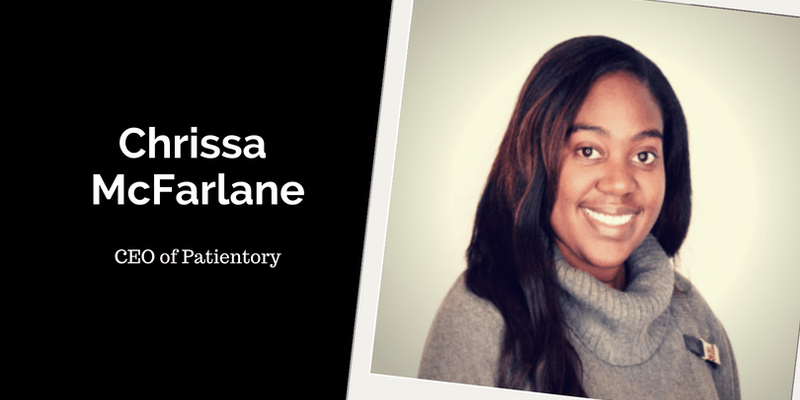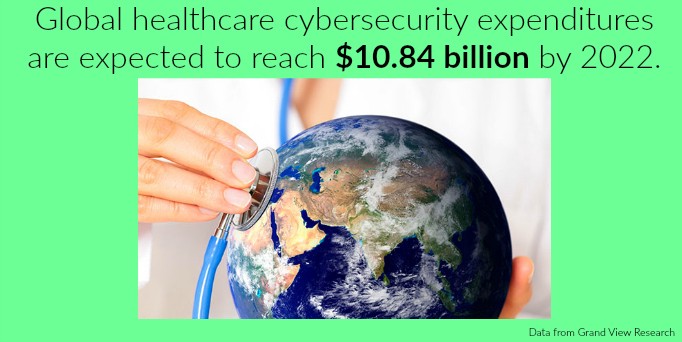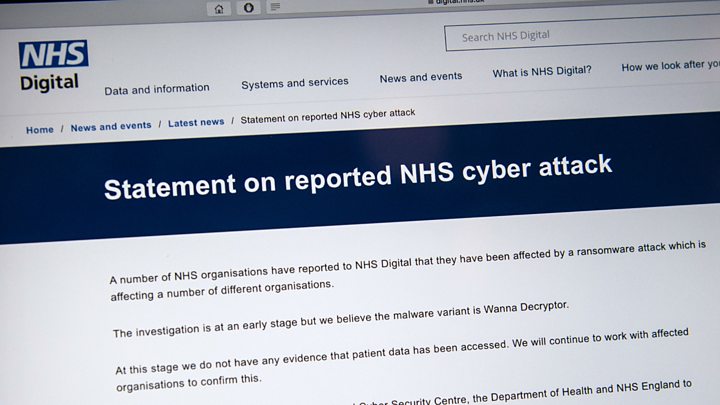Awards highlight dedication and innovation within medical device and diagnostics.
Philadelphia – September 23, 2018 – Today, winners of the 2018 Medtech Insight Awards were announced at a gala ceremony held at the Kimpton Hotel Monaco. The inaugural event was attended by industry thought leaders and innovators who gathered to celebrate excellence among companies, teams, and individuals driving positive change across the medtech industry.
The Medtech Insight Awards were established to honor those, who through their passion and dedication, are driven to cure, inform, minimize treatment burden and make human lives better through medical devices and diagnostics.
Categories recognize achievements across the medtech industry, from technological innovations and partnerships, to emerging markets and fast-growing companies, to standout entrepreneurs.
“Pharma Intelligence congratulates the winners of the inaugural Medtech Insight Awards,” said David Filmore, Editor-in-Chief of Medtech Insight. “The winners epitomize the dedication and innovation that medical device and diagnostics developers have demonstrated over the past year.”
Below is a complete list of the 2018 Medtech Insight Awards winners:
Best Company for Accelerated Growth: Eargo
Best Proof-of-Value of an Innovation: Immunexpress: SeptiCyte™
Best Technological Innovation, Consumer Devices: Eargo Max – Air Conduction Hearing Aid
Best Technological Innovation, Diagnostics: Agendia – MammaPrint BluePrint Breast Cancer Recurrence and Molecular Subtyping Kit
Best Technological Innovation, Therapeutic Devices: Axonics Modulation Technologies – Sacral Neuromodulation System
Entrepreneur of the Year: Chrissa McFarlane, Patientory
Most Innovative Clinical Trial: Intersect ENT – The RESOLVE II Study
Most Innovative Team or Innovator of the Year: DNAe
The In Vivo Award for Best Medtech Partnership/Alliance: WuXi AppTec Group and Mayo Clinic
Venture Financial Deal of the Year: CMR Surgical – $100m Series B Funding
Highly Commended:
Best Proof-of-Value of an Innovation: Cardiva Medical – VASCADE
Best Technological Innovation – Diagnostics: Qgel
Most Innovative Team or Innovator of the Year: electroCore
Winners were chosen from entries adjudicated by an esteemed judging panel, which included: Serge Bernasconi, Chief Executive Officer, MedTech Europe; Bill Murray, Specialist Leader, Deloitte Consulting; Fredrik Nyberg, Chief Executive Officer, Asia Pacific Medical Technology Association (APACMed); Richard Phillips, Director, Healthcare Policy, ABHI; Randel Richner, Founder, President, Richner Consultants; Leslie Saxon, Professor of Medicine, Keck School of Medicine of USC; Kristin Simeons, Vice President of Business Development, ximedica; Mark Turco, Chief Innovation Officer & Corporate Outreach Officer, Penn Center for Innovation.
The Medtech Insight Awards are managed by Medtech Insight, the trusted experts of the global medical technology industry. Medtech Insight provides real-time news and analysis, regulatory and company development news, and analyst perspective to help medical device and diagnostics professionals gain competitive advantage.
About Informa Pharma Intelligence
Informa Pharma Intelligence powers a full suite of analysis products – Datamonitor Healthcare, Sitetrove, Trialtrove, Pharmaprojects, Medtrack, Biomedtracker, Medtech Insight Scrip, Pink Sheet and In Vivo – to deliver the data needed by the pharmaceutical and biomedical industry to make decisions and create real-world opportunities for growth.
With more than 500 analysts keeping their fingers on the pulse of the industry, no key disease, clinical trial, drug approval or R&D project isn’t covered through the breadth and depth of data available to customers. For more information visit pharmaintelligence.informa.com.
About Informa PLC
Informa operates at the heart of the Knowledge and Information Economy. It is one of the world’s leading business intelligence, academic publishing, knowledge and events businesses. With more than 6,500 employees globally, it has a presence in all major geographies, including North America, South America, Asia, Europe, the Middle East and Africa.

